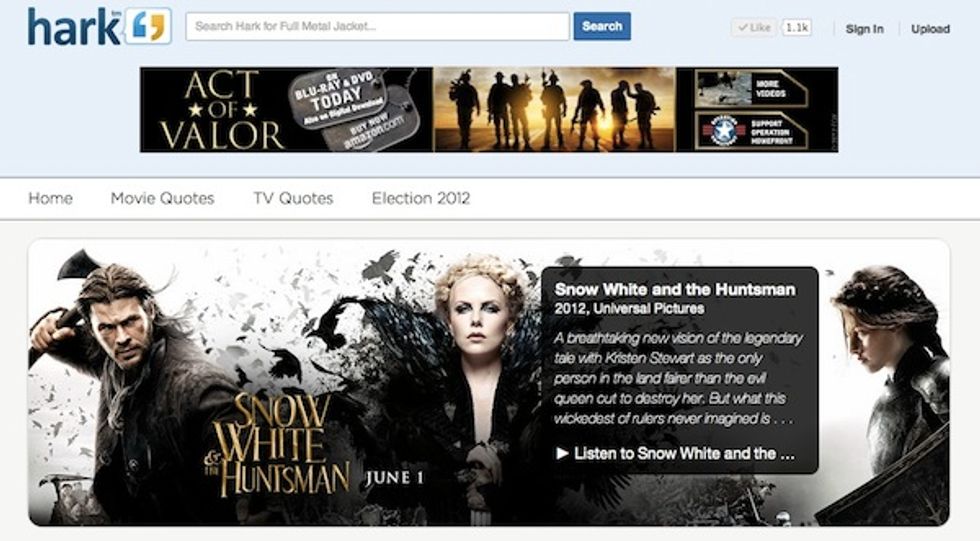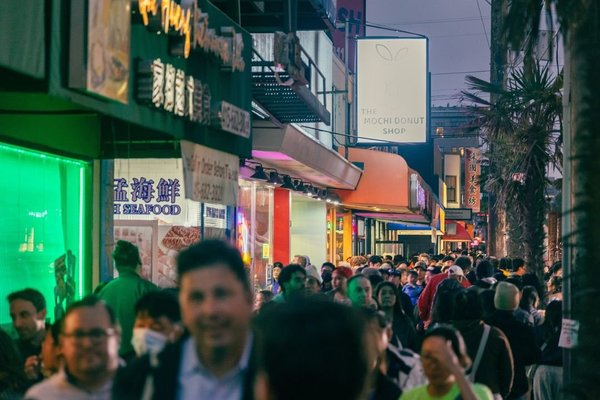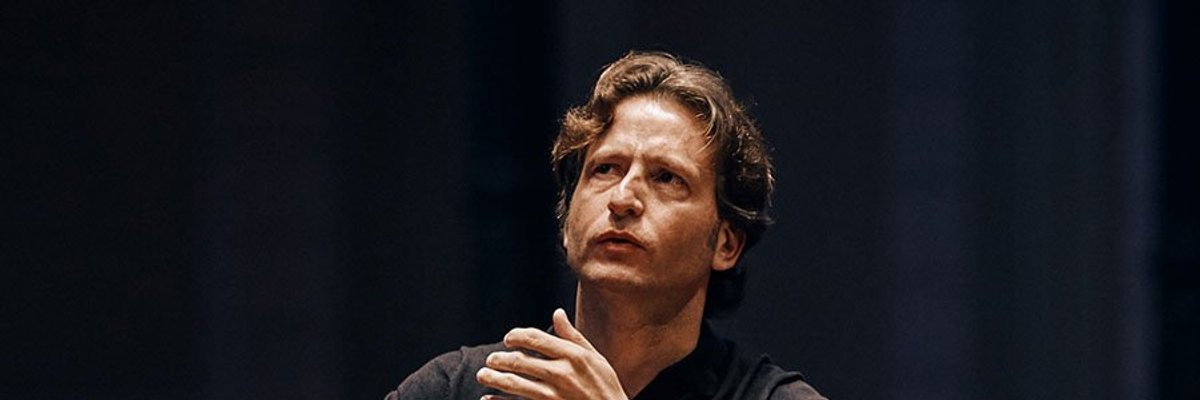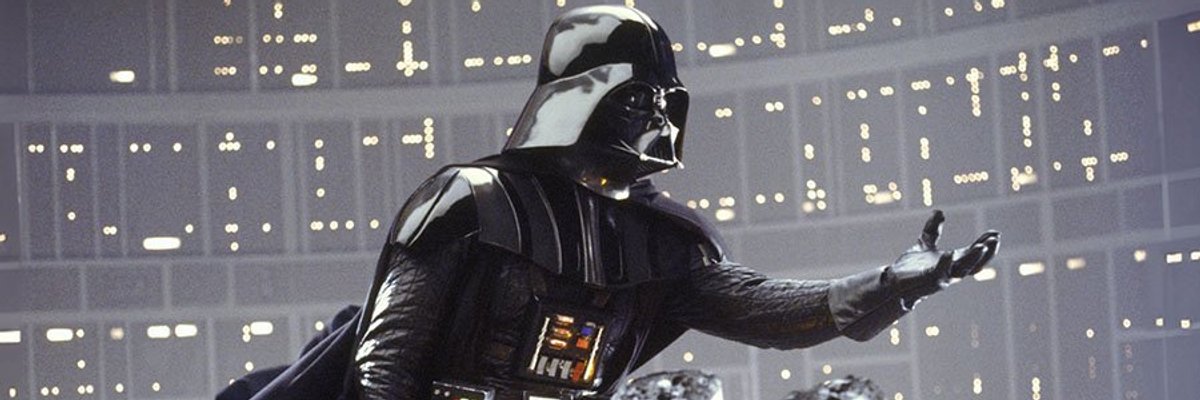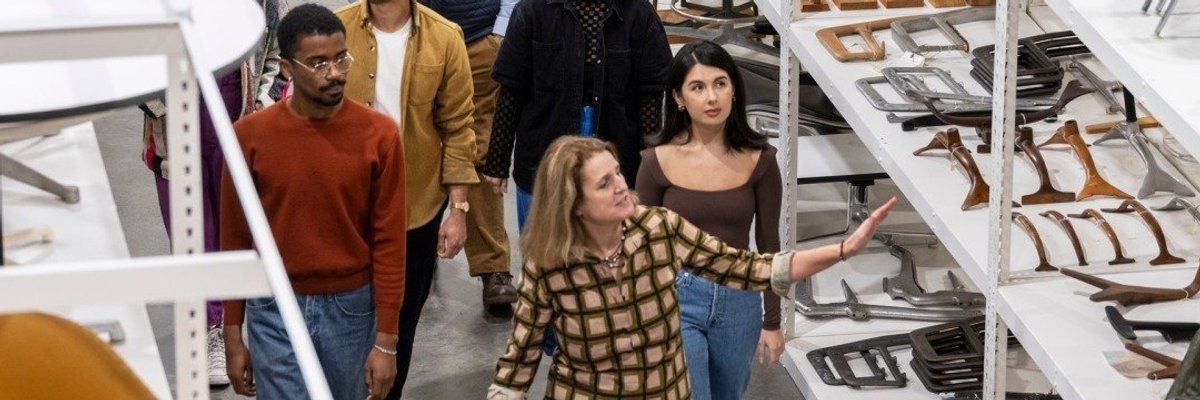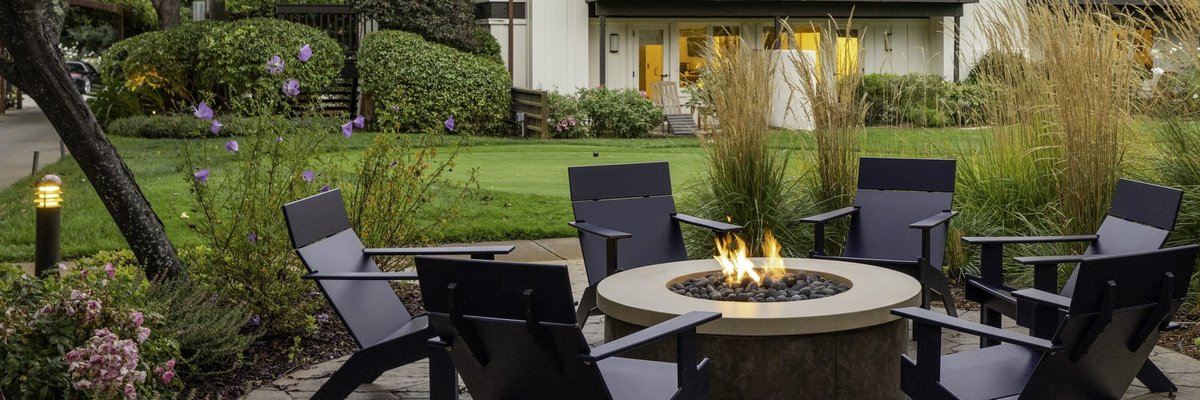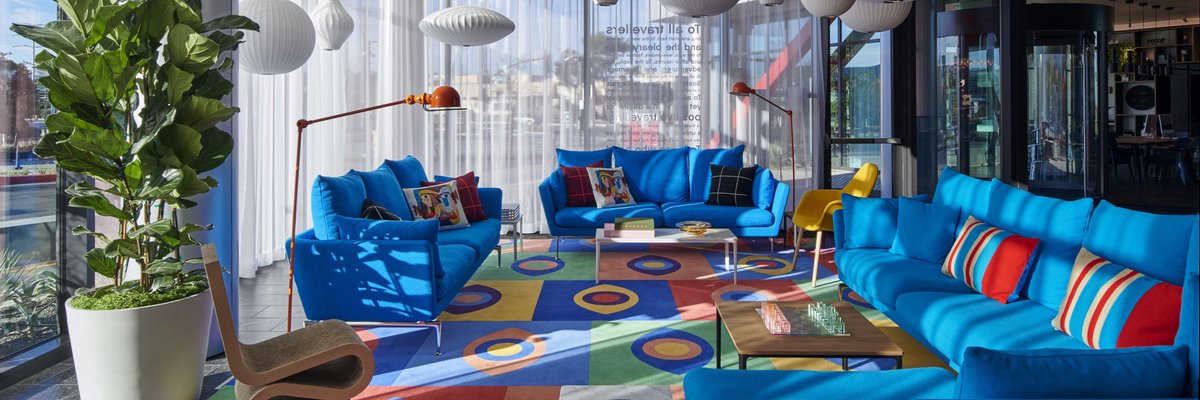Seattle-based Hark bills itself as the “world’s largest platform for pop culture sound bites,” attracting more than 60 million visitors per month.
Users listen to, and share, their favorite movie, TV, politics or other pop culture sound bites with each other through social media.
“By pop culture we mean literally everything from movies and TV to video games, religion, sports, and news,” says David Aronchick, CEO and Co-Founder of Hark.
“We as a society speak in sound bites. They are the connective tissue of society in a way. But there was no great way before Hark to share them online.
"When you leave a movie you love or hear a politician on the news, the first thing you want to do is share that quote. We excel at helping you do that.”
Hark launched in 2008, and initially benefited from the exciting Presidential election that year, which was built around phrases like “bridge to nowhere,” “yes we can,” and “lipstick on a pig.”
Over the past year, the company’s business model has evolved to include partnerships with TV and film studios, such as Lion’s Gate, CBS TV, Warner Brothers, and as of last week, Universal. At least one more major studio partnership will be announced soon.
Much as is the case with YouTube, the content is generated by users, but owned by the studios. Hark is essentially aggregating these sound bites from pop culture, and attracting a lot of traffic that can be monetized through ads, and sales of tickets, DVDs, etc.
“We deliver in the high six figures, trending toward seven figures of revenue, to our partners,” says Aronchick.
The average sound bite is seven seconds in length. Compare that with the average video on YouTube, which is two minutes and ten seconds.
“Seven seconds is just about the time it takes to deliver the punch line to a joke,” says Aronchick.
“We just passed our two billionth listen, and the average person visits five pages and listens to three clips. We’ve noticed that about a third of our traffic is now from mobile devices.”
The audience skews young (18-34), male (55 percent), and North American (75 percent U.S./Canada). The company employs ten people in Seattle and nine contractors in other locations around the country.
Seattle, meanwhile, is emerging as a base for startups, but according to Aronchick, it still has a ways to go. The two tech giants, Microsoft and Amazon that are headquartered there, have long dominated the area.
Twitter recently announced it is opening a Seattle office. Facebook, Zynga, GroupOn, and Google have small operations there as well.
“But the startup culture is just not strong in Seattle yet,” says Aronchick. “I’d like to help change that.”


